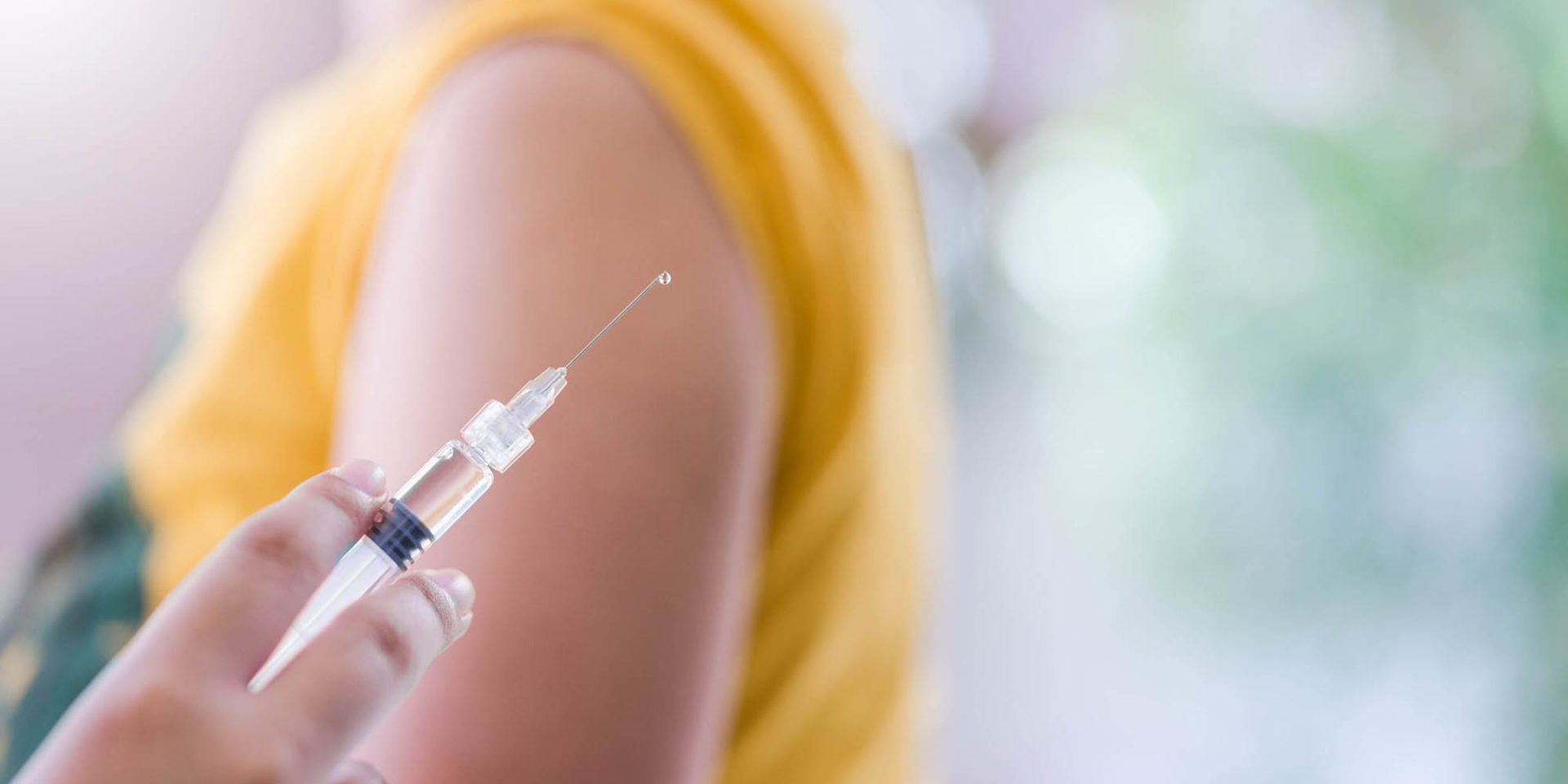The biggest Covid-related killer might not be the coronavirus. In many countries, disruption to regular immunization programmes means that easily preventable but potentially fatal diseases such as measles, diphtheria and polio are regaining a foothold.
UNICEF says 80 million children under the age of one globally could go unvaccinated because of the disruption to immunization programmes due to coronavirus. Measles alone kills between 3 to 6% of those it infects, putting nearly half a million children at risk.
A recent study in The Lancet medical journal calculated that in Africa, disrupting vaccinations due to Covid would see more than 700,000 children die from preventable diseases before the age of five – many more than are likely to die from the current pandemic.
The list of vaccine preventable diseases extends to whooping cough, mumps, some types of influenza and pneumonia. For adults, you can add cervical cancer and shingles, among others.
Alarm bells ring loudest in Latin America and the Caribbean, where historically high coverage has slipped over the last decade. “More than a quarter of Latin American countries have suspended routine vaccination campaigns,” says Carissa F. Etienne, Director of the Pan American Health Organization (PAHO). “Weeks or months of disruption will increase the risk of outbreaks of vaccine-preventable disease, reversing our longstanding trends in the Region,” she adds.
Transport interruptions, economic hardships, restrictions on movement, and fear of exposure to Covid-19 have all seen people stay away from the clinics where they would normally be vaccinated.
And a lack of Personal Protective Equipment, staff shortages and disruption to vaccine supplies have left those clinics unable to deliver normal vaccinations.
In March the World Health Organization’s (WHO’s) Strategic Advisory Group of Experts on Immunization (SAGE) recommended all countries postpone preventive mass vaccination campaigns.
Those suspensions are now revoked and restarting immunization programmes to make up lost ground should be a global priority.
The stakes for society are high.
Missing their correct window for vaccination means children won’t have lifetime immunity. With fewer people immune, a loss of “herd immunity” puts at risk others who can’t safely be vaccinated: new-born babies, elderly people, and people whose immune system doesn’t work properly.
Beyond health, vaccinations are also a major driver of economic growth and productivity crucial to supporting the recovery from Covid..
Infants protected from infectious disease tend to develop a higher intelligence quotient (IQ), and have fewer absences from school. Measles can cause brain damage or impair learning abilities, with severe impacts on a child’s life prospects.
Vaccinated children grow into physically healthier adults, which means more energetic, productive workers who take less time off sick. Health systems and taxpayers save as far fewer people need long term treatment for chronic illness.
Economists estimate as much as a third of East Asia’s “economic miracle” of 1965 to 1990 was driven by healthier populations arising from interventions such as vaccines.
More recently, the Melinda and Bill Gates Foundation have calculated that extending immunization to 6.4 million children will generate around US$231bn in savings and economic benefits.
Filling up already-stretched healthcare facilities with children needlessly suffering vaccine-preventable diseases ricks sucking capacity away from diagnosis and treatment of all disease.
Add in growing conspiracy theory-driven scepticism of vaccination, and you have a simmering future global public health crisis that will undermine economic recovery from Covid.
The WHO is aware of this looming disaster and has urged countries to resume and redouble their immunization efforts.
In weighing up the costs and benefits of their own national responses to Covid-19, national governments should consider the immediate and long-term costs of disrupted immunization. Without swift remedial action, the human and economic costs will far outweigh those of Covid.


